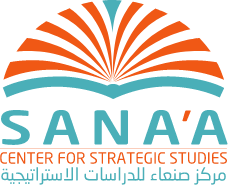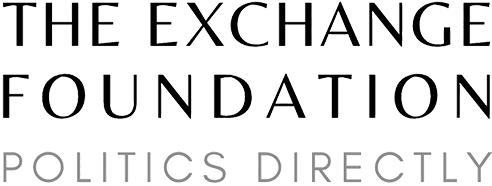The Fifth Yemen Exchange An Intensive Online Course on Yemen
May 11-15, 2020
The Fifth Yemen Exchange is an abbreviated intensive online version of the Yemen Exchange organized by the Sana’a Center and The Exchange Foundation. The course is designed to provide unique access to information, perspectives, updates and analysis on Yemen for both those seeking to develop a working background on the country as well as those already thoroughly versed in its dynamics. During the five-day program conducted online, participants from around the world will listen to Yemeni analysts, academics, politicians, bureaucrats, business leaders and international experts to gain insight and a rare first-hand knowledge about the country from a wide range of perspectives. Participants will have the chance to virtually engage with speakers both during the sessions and connect with speakers they wish to engage individually after the Exchange.
The sessions themselves – totaling more than 25 hours – will dive into several specific areas, including but not limited to: Yemen’s multifaceted conflicts, socio-political dynamics, internal divisions and alliances among parties to the conflict, the possibility of southern secession, military and political developments on the ground, the status of various armed groups, the regional battle for Yemen, the humanitarian and economic crisis, the potential impacts of the coronavirus as well as a variety of other topics.
Accepted applicants will be provided with details on how to securely access the course prior its start.
-
14:00 – 14:30 Sana’a / 07:00 – 07:30 ESTIntroduction & course rulesFarea Al-MuslimiChairman of the Sana’a Center and associate fellow at Chatham House.
-
14:45 – 16:45 Sana’a / 07:45 – 09:45 ESTWho is fighting whom, where, and why?
This session will be a deep dive into political alliances, divisions and conflicts within Yemen. Analysts will elaborate on current frontlines, armed groups and local and regional actors as well as other stakeholders and unexplored roots of the war.
The panel will be further refined based on the input and needs of accepted participants.
Maged al-MadhajiCo-founder and executive director of the Sana’a Center and regular commentator on Yemen for Arabic media.Abdulghani Al-IryaniSenior researcher at the Sana’a Center. Prior to joining the Sana’a Center, Al-Iryani was a political and development advisor for many INGOs and international organizations in Yemen, including the Office of the UN Special Envoy for Yemen, UNDP and the World Bank.Jamila Ali RajaaChair of the Sana’a Center advisory board. She is a former Yemeni diplomat with the status of ambassador, senior analyst, lecturer and policy consultant, including for the UN and several European foreign agencies. -
17:00 – 19:00 Sana’a / 10:00 – 12:00 ESTThe war visualizedIn this session visual data specialists will explain Yemen’s conflict(s) with 30 maps, notably illustrating frontlines and networks of political elites in Yemen.Ghaidaa Al-RashidyResearcher and visual data specialist at the Sana’a Center.Andrea CarboniResearch analyst at ACLED and PhD candidate in geography at the University of Sussex, focusing on political elites in the MENA region.Waleed AlhaririDirector of the US office for the Sana’a Center and fellow at the Columbia Law School Human Rights Institute.Facilitator
-
14:00 – 16:00 Sana’a / 07:00 – 09:00 ESTEconomic developmentsThis session will examine current and post-war challenges facing Yemen’s economy. It will focus on the impacts of war, the coronavirus pandemic and aid cuts on Yemen’s economic and humanitarian situation. Speakers will also explore the role of the war economy in preserving the status quo.Amal NasserEconomist at the Sana’a Center.Anthony BiswellEconomic analyst at the Sana’a Center.Rafat Al-AkhaliFormer Yemeni Minister of Youth and Sports and co-founding Partner at DeepRoot Consulting.Osamah Al-RawhaniDeputy executive director at the Sana’a Center.Facilitator
-
16:15 – 17:30 Sana’a / 09:15 – 10:30 ESTImpacts of the war on genderThis session will explore how women, girls, men and boys have experienced the conflict differently, and how conflict is reshaping gender norms in Yemen.Yasmeen Al-EryaniNon-resident fellow at the Sana’a Center, focusing on educational issues, and a PhD candidate in social anthropology at Tampere University in Finland.Hannah PatchettEditor at the Sana’a Center and co-author of the Center’s report on the gendered impact of the war.Shams ShamsanResearcher at the Sana’a Center and co-author of the Center’s report on the gendered impact of the war.Nadim HouryExecutive director of the Arab Reform Initiative (ARI).Facilitator
-
17:45 – 19:00 Sana’a / 10:45 – 12:00 ESTArmed groupsUsing maps and other visuals, this session will cover the status and activities of non-state armed groups currently active in Yemen’s civil war, including AQAP and ISIS, and their role in post-war Yemen as well as foreign counterterrorism operations inside Yemen.Gregory JohnsonNon-resident fellow at the Sana’a Center, focusing on armed groups in Yemen, and former member of the Panel of Experts of the UN Security Council on Yemen.Mohammed Al-BashaCommunications and Client Engagement Manager and the Yemen Subject Matter Expert at the Navanti Group, and former spokesman for the Embassy of Yemen in Washington, D.C.Peter SalisburySenior Yemen analyst at Crisis Group, associate fellow at Chatham House and a former journalist.Holly TophamResearcher and editor at the Sana’a Center.Facilitator
-
14:00 – 15:15 Sana’a / 07:00 – 08:15 ESTThe future of the Yemeni stateKhaled BahahFormer Prime Minister and former Vice President of Yemen.Keynote SpeakerFarea Al-MuslimiChairman of the Sana’a Center and associate fellow at Chatham House.Facilitator
-
15:30 – 17:00 Sana’a / 08:30 – 10:00 ESTLocal and tribal politics in MahraAhmed NagiNon-resident scholar at the Carnegie Middle East Center.Victoria SauerParis-based researcher at the Sana’a Center.Facilitator
-
17:15 – 19:00 Sana’a / 10:15 – 12:00 ESTThe regional fight for YemenThis panel will analyze the role of key regional actors with a stake in the geopolitical fight for Yemen and examine the policies and interests of Iran, Saudi Arabia, the UAE, Oman and Qatar.Elana DeLozierResearch fellow at the Washington Institute, focusing on Yemen, Gulf politics and nuclear proliferation.Mustapha NomanFormer Yemeni diplomat and former Deputy Minister of Foreign Affairs.Thomas JuneauNon-resident fellow at the Sana’a Center and assistant professor at the Graduate School of Public and International Affairs, University of Ottawa, focusing on Iran and Yemen.Sama’a Al-HamdaniNon-resident fellow at the Middle East Institute and analyst for several Arab and Western media outlets and think tanks, focusing on political dynamics in Yemen.Facilitator
-
14:00 – 15:30 Sana’a / 07:00 – 08:30 ESTThe Houthis and Salafis from an academic perspectiveMaysaa Shujaa Al-DeenNon-resident fellow at the Sana’a Center where her research focuses on religious sectarianism, political transformation and Yemen’s geopolitical role in the region.Nicholas NoeDirector of the Exchange Foundation.FacilitatorLaurent BonnefoyResearch fellow at the French National Center for Scientific Research (CNRS) and author of “Salafism in Yemen: Transnationalism and Religious Identity,” London: Hurst, 2011.Monika BolligerCo-founder of the Sana’a Center Geneva Association and formerly worked as a Middle East correspondent for a Swiss newspaper.Facilitator
-
15:45 – 17:15 Sana’a / 08:45 – 10:15 ESTThe Houthi movement perspectiveHouthi representative
-
17:30 – 19:15 Sana’a / 10:30 – 12:15 ESTThe STC perspectiveAiderous Al-ZubaidiPresident of the Southern Transitional Council (STC).Jamila Ali RajaaChair of the Sana’a Center advisory board. She is a former Yemeni diplomat and has worked as an ambassador, senior analyst, lecturer and policy consultant for the UN and European foreign agencies.Facilitator
-
14:00 – 15:00 Sana’a / 07:00 – 08:00 ESTUpdate on Hudaydah FrontlineGeneral Tareq SalehCommander of the National Resistance Forces on the Western coast.Maged Al-MadhajiCo-founder and executive director of the Sana’a Center and regular commentator on Yemen for Arabic media.Facilitator
-
15:15 – 16:15 Sana’a / 08:15 – 09:15 ESTThe Shabwa battle and the fight over the southThis session will examine the current situation in Shabwa, one of Yemen’s most underreported but strategically significant governorates in Yemen’s conflict(s). It will focus on local dynamics, natural resources and the role of the governor of Shabwa. The speaker will also explore why the STC lost its battle with the government in 2019.Ammar Al-AulaqiGovernment analyst and Yemen’s Deputy Minister of Environment and Water Resources.Nadwa Al-DawsriConflict analyst and non-resident Scholar at Middle East Institute.Facilitator
-
16:30 – 19:00 Sana’a / 09:30 – 12:00 ESTFilling in the gaps and wrapping up – Q&AIn this session, Sana’a Center’s experts will provide a debrief on the previous sessions. Participants will also be given space to ask any further questions that might have remained unaddressed.Sana’a Center for Strategic Studies
-
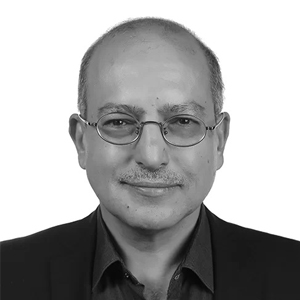 Abdulghani Aliryani Senior Researcher, Sana’a Center
Abdulghani Aliryani Senior Researcher, Sana’a Center -
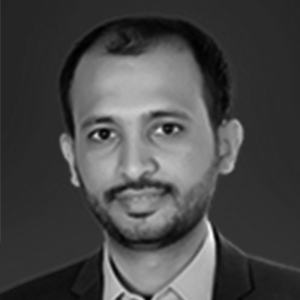 Ahmed Nagi Non-Resident Scholar, Carnegie MEC
Ahmed Nagi Non-Resident Scholar, Carnegie MEC -
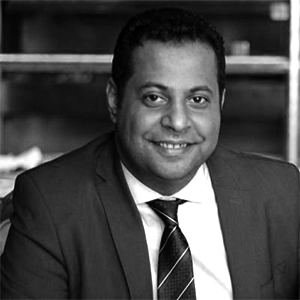 Maged Al-Madhaji Executive Director, Sana'a Center
Maged Al-Madhaji Executive Director, Sana'a Center -
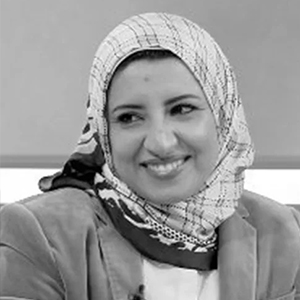 Maysaa Shuja Al-Deen Senior Researcher, Sana’a Center
Maysaa Shuja Al-Deen Senior Researcher, Sana’a Center -
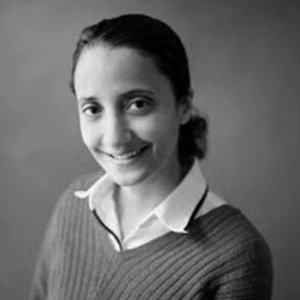 Nadwa al-Dawsari Non-Resident Scholar, MEI
Nadwa al-Dawsari Non-Resident Scholar, MEI -
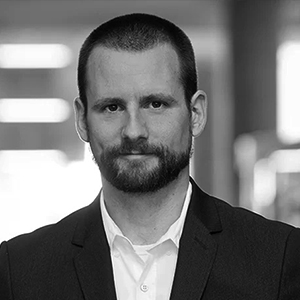 Thomas Juneau Assistant Professor, University of Ottawa
Thomas Juneau Assistant Professor, University of Ottawa -
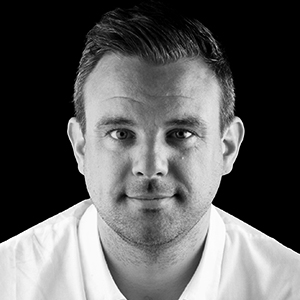 Peter Salisbury Senior Yemen Analyst, Crisis Group
Peter Salisbury Senior Yemen Analyst, Crisis Group -
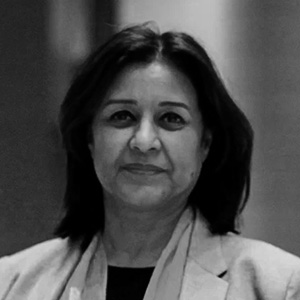 Jamila Ali Rajaa Former diplomat and policy consultant
Jamila Ali Rajaa Former diplomat and policy consultant -
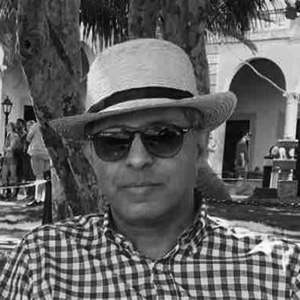 Mustapha Noman former Yemeni diplomat and Deputy Foreign Minister
Mustapha Noman former Yemeni diplomat and Deputy Foreign Minister -
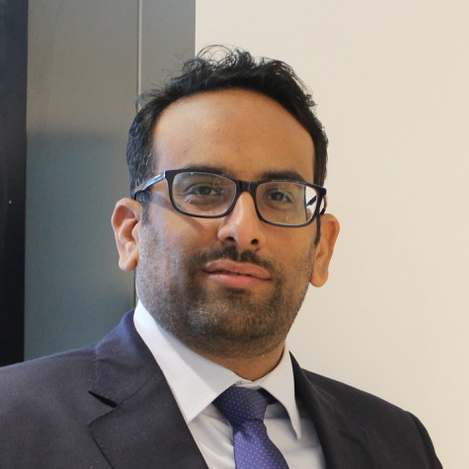 Ammar Al-Aulaqi Government analyst and Yemen’s Deputy Minister
Ammar Al-Aulaqi Government analyst and Yemen’s Deputy Minister -
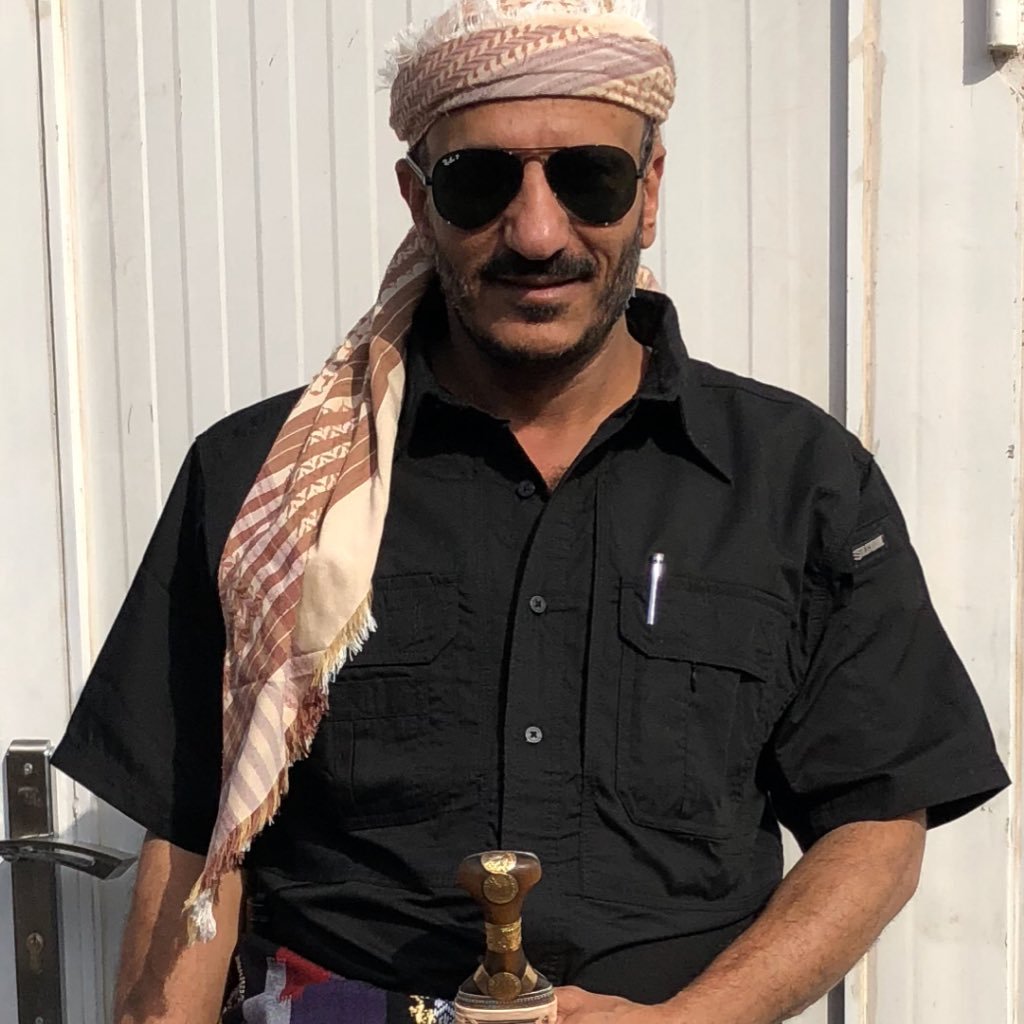 General Tareq Saleh Commander of the National Resistance Forces on the Western coast.
General Tareq Saleh Commander of the National Resistance Forces on the Western coast. -
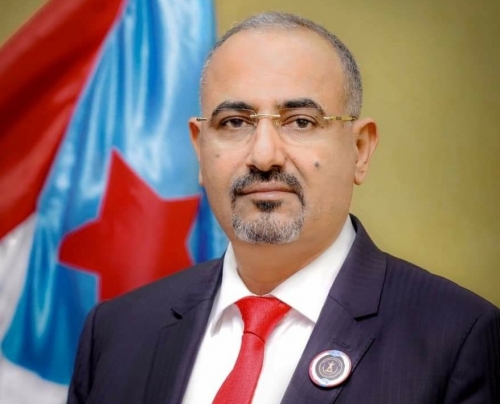 Aiderous Al-Zubaidi President of the Southern Transitional Council (STC).
Aiderous Al-Zubaidi President of the Southern Transitional Council (STC). -
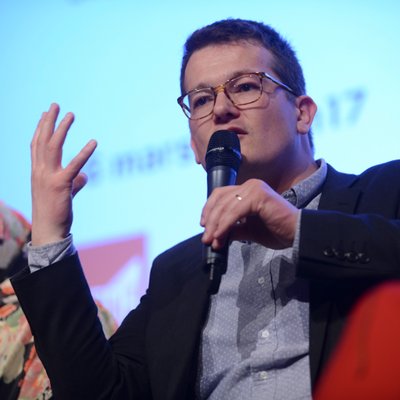 Laurent Bonnefoy Research fellow at the French National Center for Scientific Research (CNRS).
Laurent Bonnefoy Research fellow at the French National Center for Scientific Research (CNRS). -
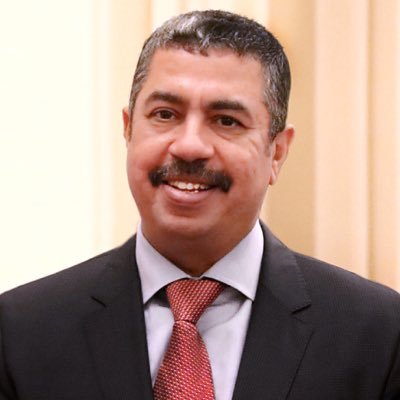 Khaled Bahah Former Prime Minister and former Vice President of Yemen.
Khaled Bahah Former Prime Minister and former Vice President of Yemen. -
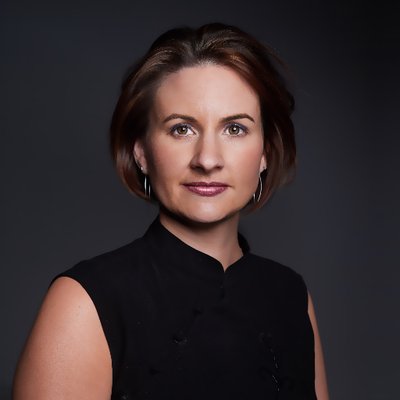 Elana DeLozier Research fellow at the Washington Institute
Elana DeLozier Research fellow at the Washington Institute -
 Hannah Patchett Editor at the Sana’a Center
Hannah Patchett Editor at the Sana’a Center -
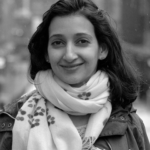 Yasmeen Al-Eryani Non-resident fellow at the Sana’a Center
Yasmeen Al-Eryani Non-resident fellow at the Sana’a Center -
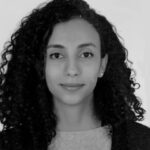 Shams Shamsan Researcher at the Sana’a Center
Shams Shamsan Researcher at the Sana’a Center -
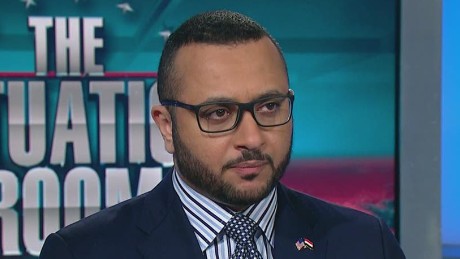 Mohammed Al-Basha Communications and Client Engagement Manager
Mohammed Al-Basha Communications and Client Engagement Manager -
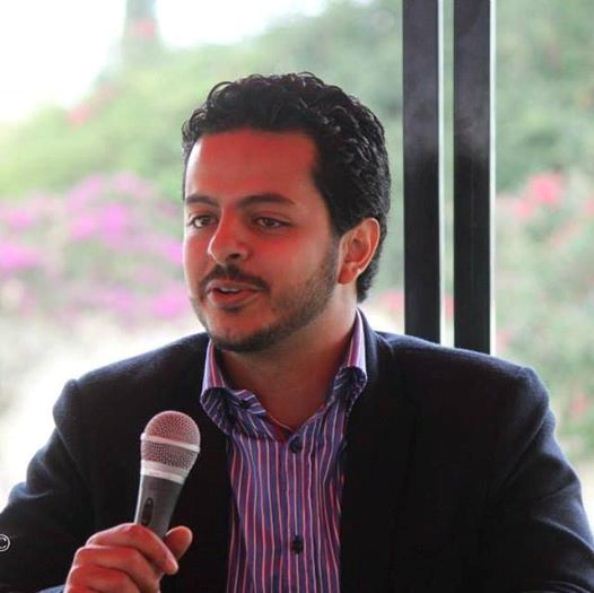 Rafat Al-Akhali Former Yemeni Minister of Youth and Sports
Rafat Al-Akhali Former Yemeni Minister of Youth and Sports -
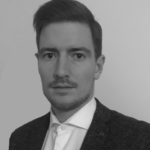 Anthony Biswell Economic analyst at the Sana’a Center.
Anthony Biswell Economic analyst at the Sana’a Center. -
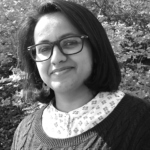 Amal Nasser Economist at the Sana’a Center.
Amal Nasser Economist at the Sana’a Center. -
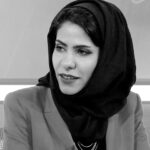 Ghaidaa Al-Rashidy Researcher and visual data specialist at the Sana’a Center.
Ghaidaa Al-Rashidy Researcher and visual data specialist at the Sana’a Center. -
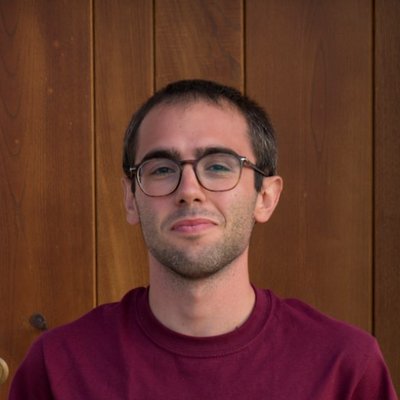 Andrea Carboni Researcher and visual data specialist at the Sana’a Center.
Andrea Carboni Researcher and visual data specialist at the Sana’a Center. -
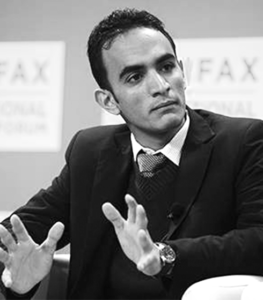 Farea Al-Muslimi Chairman of the Sana’a Center and associate fellow at Chatham House.
Farea Al-Muslimi Chairman of the Sana’a Center and associate fellow at Chatham House.
All costs related to The Yemen Exchange are funded by participant fees, except for scholarships provided by both organizations (see below). There is no supplementary government or private sector support, a fact that allows us to assure participants of a relatively neutral platform for the exchange of information, open dialogue and understanding.
All sessions are held under the Chatham House Rule, with some sessions consisting of only one speaker in order to assure as open and unfiltered a discussion as possible in the context of sensitive topics. Simultaneous translation to English and Arabic will be provided.
Prior to the beginning of the course, accepted participants will receive a course syllabus and the final agenda. Throughout the course, necessary agenda updates will be communicated with the participants on a daily basis. Those interested will also be connected with the experts and speakers to follow up with them for their own work and research, subject to the latter’s approval.
Applying for a scholarship – The Yemen Exchange currently has five scholarships (covering the conference fee) available for researchers who will deepen the social, political and geographic diversity of the Exchange and who can demonstrate both a lack of institutional or self-funding ability and a deep interest in Yemen and the region. For any questions related to scholarships, email [email protected].
